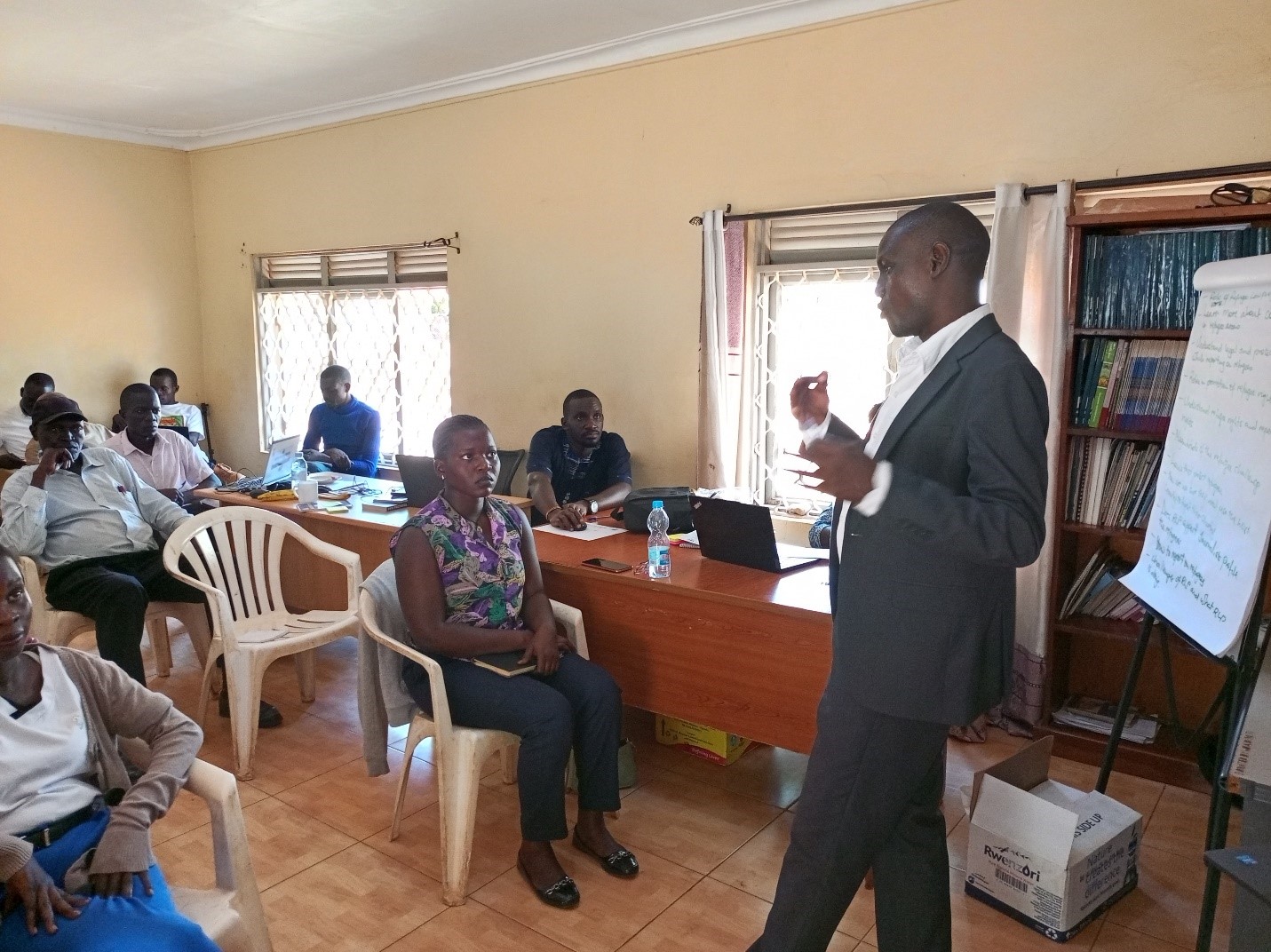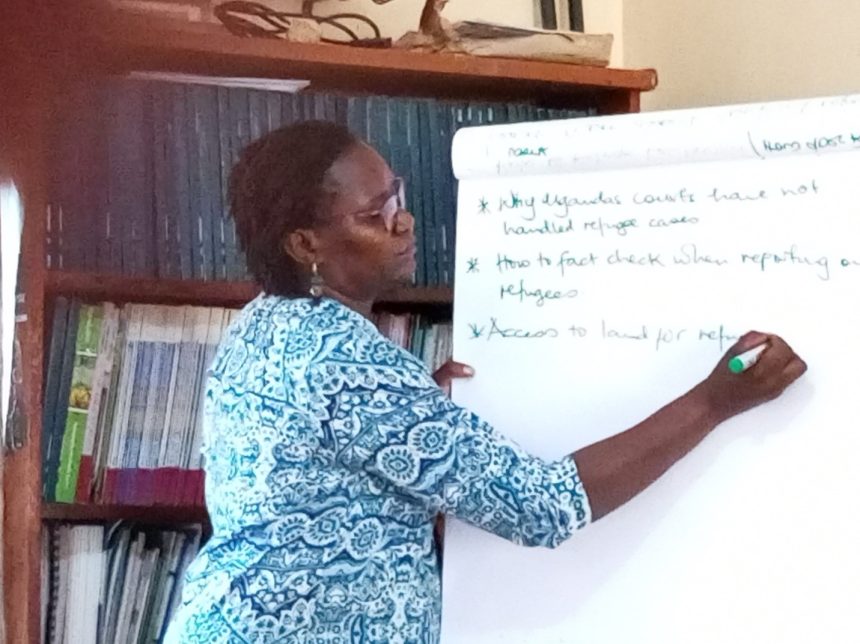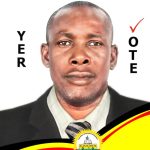The Refugee Law Project, under the project “Securing Refugee-Host Relations in Northern Uganda through Enhanced Protections,” has organized a two-day training for independent media on refugee rights and protection for journalists in Gulu City.
The event is being hosted at the Northern Uganda Media Club in Gulu and brings together a total of about 15 journalists from radio, online publications, print media, and other media-related fields, focusing on refugee reporting.
Speaking during the official opening of the training sessions, Mr. Innocent Oling, the Gulu Field Office Coordinator, explained that the Refugee Law Project is built within four systematic areas of programming: Access to Justice, Gender and Sexuality, Conflict, Transitional Justice and Governance, and lastly, Media for Social Change. It is within this framework that they aim to build journalists’ capacity when it comes to reporting on refugees.

“We train or build the capacity of many actors, including journalists, so that when they report about refugees, they know what they’re reporting, protect the rights of the refugees and hosts, and ensure balance, accuracy, and impartiality in their reports,” Mrs. Martha Akello Otim, the Program Manager for Media for Social Change, stated. She emphasized that the purpose of the training is to focus on building journalists’ capacity to report on refugees, particularly in the areas of Gender and Sexuality, Mental Health, Conflict, Transitional Justice, and Governance.
Albert Ogoso, the Legal Officer at the Refugee Law Project, outlined the legal framework that journalists should consider when reporting on refugees. “Currently, Uganda hosts about 1.7 million refugees from different countries, who are settled in various refugee settlement areas across the country.
This is due to policies developed by the government, including the Open Door Policy, Premises Recognition Policy, and Non-Camp Policy, which have provided safe custody for the refugee community in Uganda,” he explained.
He also highlighted the various agencies and key actors that protect forced migrants and pointed out the different categories of forced migrants.
During the two-day engagement, the topics of transitional justice and peacebuilding were discussed in depth. Mr. Nono Francis, the Conflict and Transitional Justice Officer, focused on the four aspects of Transitional Justice, which include Truth, Justice and Prosecutions, Reparations, and Guarantee of Non-Recurrence. “Transitional Justice and Governance primarily deal with healing post-conflict situations and focus on three durable solutions for refugees: Voluntary Return, Local Integration, and Resettlement,” said Mr. Francis.
Jjuuko John Fisher, the Gender and Reproductive Health Officer at the Refugee Law Project, discussed the sexual and gender-based violence issues faced by refugees, both from the host communities and others. “Refugees are often confronted with various sexuality-related issues, either from their post-conflict areas or from the host communities where they are settling.
It is essential to be compassionate when reporting on sexual-related cases, and we should always observe fairness, balance, impartiality, and other ethical aspects of reporting to avoid causing harm,” he said.
In their closing remarks, the organizers urged journalists to support advocacy programs and work hand in hand with the Refugee Law Project.




















